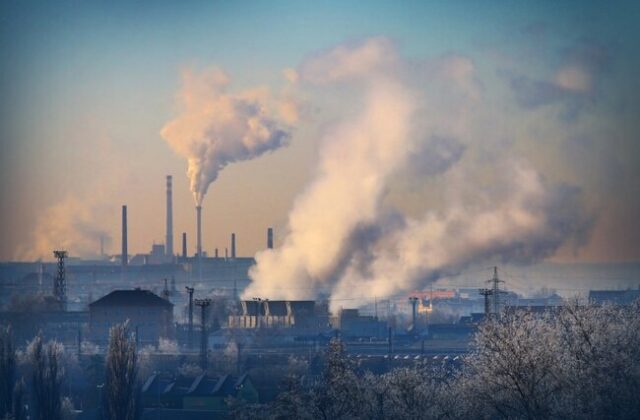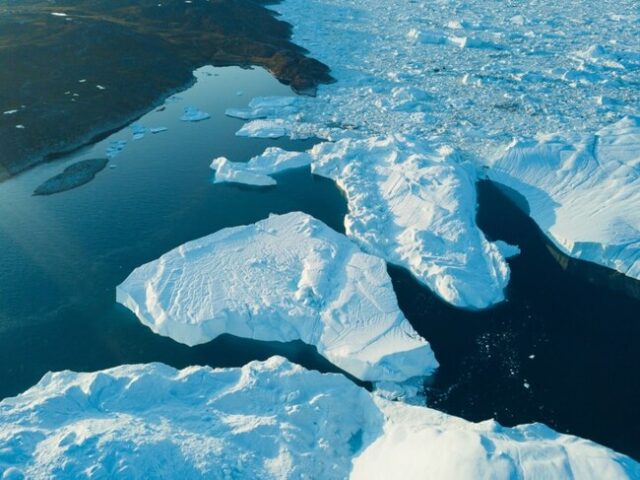
Scientists have discovered that climate change is causing longer days by slightly slowing down Earth’s rotation. This effect, although minuscule and measured in milliseconds, is attributed to the melting of glaciers, which redistributes mass from polar ice caps to the equator as meltwater flows into the oceans. This redistribution alters Earth’s shape, making it slightly thicker around the middle, consequently increasing the time it takes for the planet to complete one full rotation. The phenomenon adds to the numerous detrimental impacts of global warming, such as intensifying heatwaves and hurricanes and endangering animal habitats and coastal regions.

While the change is imperceptible to the average person, it has significant implications for technology that relies on precise timing. Financial systems, navigation, and power grids depend on accurate timekeeping, and even the smallest variations can affect their functionality. Judah Levine, a physicist at the National Institute of Standards and Technology, emphasized that while everyday life isn’t sensitive to such small changes, technology is, and people might not realize the extent of this sensitivity. The study, published in the Proceedings of the National Academy of Sciences, highlights the growing influence of human activity on Earth’s natural processes. Scientists like Benedikt Soja and Surendra Adhikari underscore the alarming reality that climate change is now impacting the planet’s rotation, a process historically dominated by the Moon’s gravitational pull. This new understanding underscores the profound and far-reaching consequences of anthropogenic climate change on our planet.
















